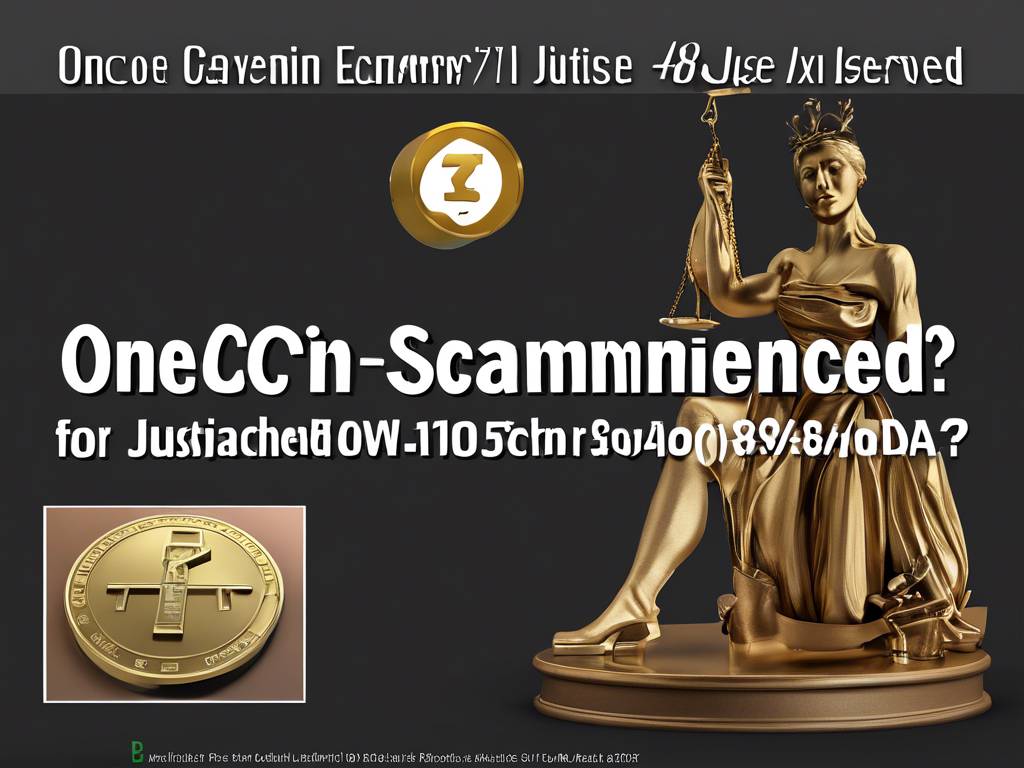Democratizing Real Estate Investing Using Blockchain Technology
As the US real estate market surges to a massive $52 trillion in 2023, numerous startups are revolutionizing the industry by leveraging blockchain technology. By tokenizing real estate assets, these companies aim to democratize investing and homeownership, making it more accessible to a wider audience.
Redefining Ownership with Fractional Real Estate Investment
Companies today are exploring ways to transform how we engage with real estate, offering innovative solutions such as fractional real estate investment. Here are some key points to consider:
- Fractional real estate investment allows you to invest without the need for a large sum of capital upfront.
- Tokenized rental properties enable investors to gain exposure to the real estate market with minimal investment.
- Decentralized autonomous organizations (DAOs) govern the properties, allowing investors to participate in decision-making processes.
Alternative Approaches to Home Equity Sharing
Platforms like VISTA Equity offer a unique approach to homeowners looking to monetize their home equity:
- Homeowners can access cash by selling a portion of their home equity through tokenization.
- Investors can benefit from future property appreciation, creating a win-win situation for both parties.
- Homeowners maintain their residential rights and have the option to repurchase their share at market value.
Regulatory Challenges and Compliance
Despite the benefits of real estate tokenization, companies face regulatory hurdles that impact their operations:
- The US Securities and Exchange Commission (SEC) has scrutinized firms offering unregistered securities post the 2022 market crash.
- Companies must navigate regulatory compliance to ensure their tokenized assets adhere to securities laws.
- Different interpretations of compliance pose challenges for platforms seeking to expand their investor base.
Impact on Communities and Affordability
The rise of real estate tokenization raises concerns about its impact on communities and housing affordability:
- Investors’ focus on specific properties may exacerbate affordability issues by driving up property prices.
- Regulatory measures like the American Neighborhoods Protection Act aim to address affordability challenges exacerbated by corporate ownership.
- The long-term implications of tokenization on real estate ownership and community dynamics remain uncertain.
Embracing the Future of Real Estate Investment
Real estate tokenization presents a promising yet complex landscape that is reshaping traditional investment models. Moving forward, industry players must balance innovation with regulatory compliance to ensure sustainable growth.
Hot Take: Navigating the Future of Real Estate Tokenization
As blockchain technology continues to disrupt the real estate industry, stakeholders must address regulatory challenges and social impacts to foster a more inclusive and sustainable investment ecosystem. By embracing innovation and collaboration, the future of real estate tokenization holds immense potential for transformative change.





 By
By
 By
By
 By
By
 By
By
